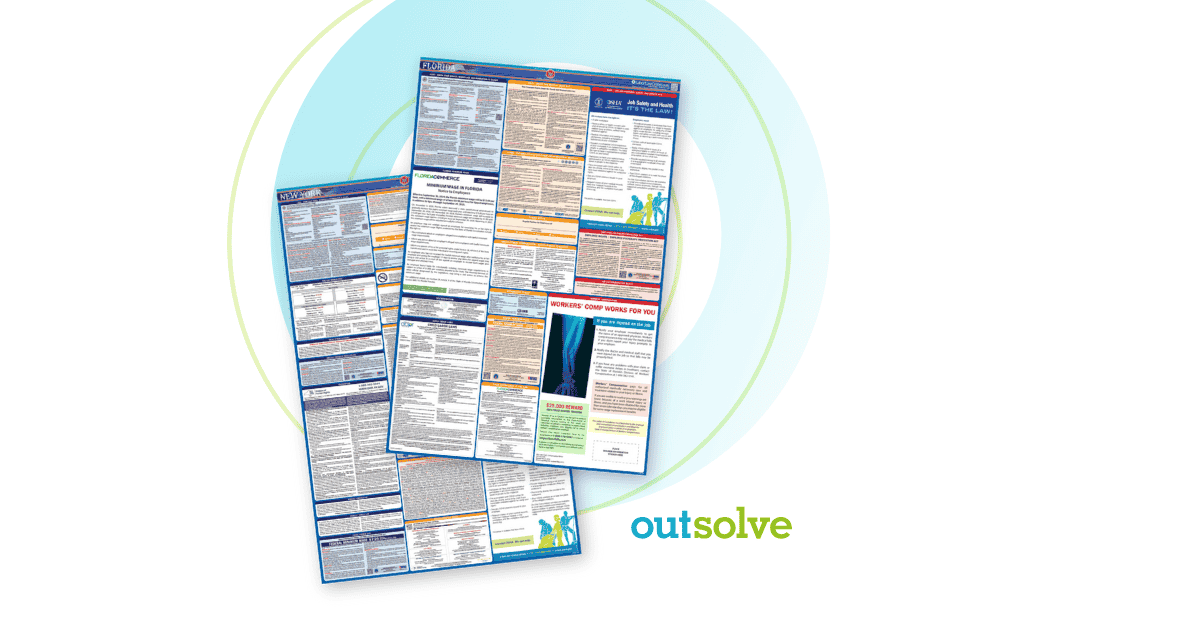This is a guest post by Toni Ahl, President at EEO Advantage. The views, thoughts, and opinions expressed in the text belong solely to the author and do not necessarily reflect the view of OutSolve or its employees.
There was recently an article in the newspaper in Louisville about couples who decided to postpone having children due to the pandemic.
They did not want to have a child due to COVID. They were reluctant to go through a pregnancy with the uncertainty of the consequences.
Since it appears that the pandemic may be waning, perhaps those couples will decide that the time is right to have those babies now. Women who are anticipating pregnancy, who are pregnant, and who have been pregnant are afforded rights under the Pregnancy Discrimination Act (PDA). In 1978, congress passed an amendment to Title VII of the Civil Rights Act of 1964, as amended, to protect pregnant women, the PDA. In 2015, the Equal Employment Opportunity Commission (EEOC) issued extensive policy guidance, including questions and answers, about the PDA.
Let’s consider how the PDA might impact your business. For an intended pregnancy, an employee might need to be off for medical appointments. If you allow other employees to use time off for medical appointments, those employees who are anticipating pregnancy should be afforded that same treatment. Personally intrusive questions need not be asked if they are not asked of similarly situated employees. It is important to remember that, under the PDA, similarly situated employees are male employees and female employees who are not pregnant or anticipating pregnancy and who are seeking medical treatment for an unrelated reason.
When an employee is pregnant, the 2015 guidance states that employees should be treated as any other employee based on their ability or inability to work. What that means is that you need to provide the pregnant employee with the same treatment and benefits you would give to an employee who is not pregnant but who may be limited in their ability to perform their job duties. Let’s say you have an employee who needs light-duty work for a day or two. If you provide light-duty work to a non-pregnant employee, regardless of the reason you provided the light-duty work, you may need to provide light-duty work to the pregnant employee if it is requested. Employers are not required to guess if an employee is pregnant. The employee needs to advise the employer of the need-based on her condition.
Employees need time off following a pregnancy for medical recovery. There is no set time for that recovery, but it should be based on information provided by the employee’s physician. Recovery time for other types of medical issues should be considered when determining how pregnancy-related absences are treated. In addition, female employees who have delivered their children may now have caregiver responsibilities should not be denied employment and/or benefits of employment. For example, an employee who recently had a child, should not be denied hire or a promotion because the employer is unsure if they will give their full effort to the job.
Although pregnancy is not considered to be a disability under the Americans with Disabilities Act of 1990, as amended, (ADAAA), conditions may develop during pregnancy with may rise to a level of a disability. A disability under the ADAAA is defined as a physical or mental impairment that substantially limits one or more major life activities. Also, remember that limitations to major bodily systems are considered to be disabilities and the reproductive system is included as one of the major bodily systems by the ADAAA. Some of the conditions which may rise to the level of a disability are gestational diabetes, high blood pressure, and postpartum depression. Employees may need to be reasonably accommodated if they are seeking medical treatment for infertility or in vitro purposes.
I encourage you to review your policies regarding pregnancy to ensure that they are in compliance with EEOC’s 2015 guidance. If you have any questions, feel free to contact Toni Ahl at eeoadvantage@gmail.com or (502) 553-7648. And Happy Women’s History Month!
President at EEO Advantage, LLC
Recent Posts
Related Posts

Former DOL Officials Issue Open Letter to Federal Contractors
On April 15, 2025, ten former senior officials from the U.S. Department of Labor (DOL), including past leaders of the Office of Federal Contract...

The Ultimate Guide to Multi-State Labor Law Posters
Human Resources professionals understand how important and challenging it can be to remain updated and compliant with labor laws. This is especially...

Countdown: Final Days of the 90-Day Safe Harbor Period for AAPs
April is here and with that comes the end of the 90-day safe harbor period for federal contractors complying with EO 11246. As April 21, 2025,...
 Toni Ahl
Toni Ahl



